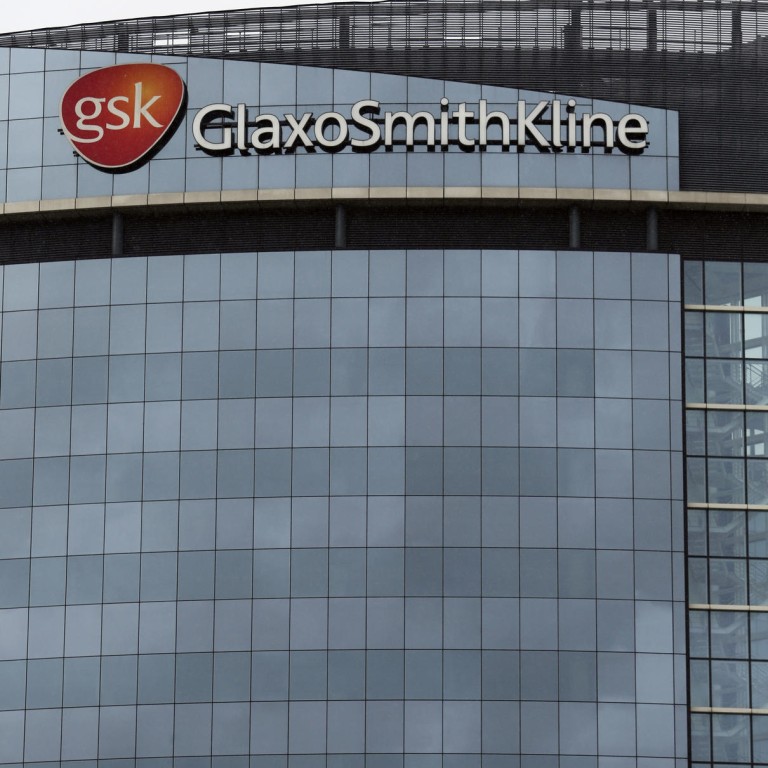
SEC policy expected to encourage whistle-blowers in Asia
The number of employees informing on a company's wrongdoing in Asia, including China, is expected to continue rising with a new policy by the US Securities and Exchange Commission (SEC) to protect the whistle-blowers, analysts say.
The global crackdown on corruption and greater financial incentives to report suspected crimes could lead to an increase in cases involving United States and British companies in Asia, according to a report by AlixPartners, an international business advisory firm.
"Our firm has seen an increase in the number of whistle-blower matters raised within China as a result of an increased focus on governance as well as the Chinese government's focus on corporations such as GlaxoSmithKline [Pharmaceuticals]," said Mike Murphy, managing director at AlixPartners.
The Chinese government is investigating GSK, the biggest British drug firm, for suspected bribery on the mainland.
"The allure of rewards through SEC represents a source of concern for companies," the AlixPartners report said.
Under a US programme established by the Dodd-Frank Act, those who report wrongdoing may receive financial rewards of 10 per cent to 30 per cent of the fines imposed on a firm by US authorities if their tips lead to successful enforcement.
In November 2011, Britain's Serious Fraud Office launched its whistle-blower hotline but does not offer financial rewards for tip-offs.
Hong Kong's Independent Commission Against Corruption also encourages whistle-blowing in corruption cases, the report said.
In late January, Sean McKessy, chief of the SEC's Office of the Whistleblower, said the US regulator may soon file cease-and-desist orders as well as impose penalties against companies that punish employees who blow the whistle on them.
This month, the SEC will file an brief - evidence that may change a court decision - in support of Taiwanese whistle-blower Liu Meng-lin, which may reverse an earlier US court ruling, reported , a US anti-corruption publication.
Liu, a former compliance officer at Siemens' health care unit in China, had accused the German conglomerate of making inflated bids for medical imaging equipment sales to public hospitals and then selling the equipment at lower prices to intermediaries who gave kickbacks to hospital officials.
Siemens fired Liu in March 2011, which he claimed was illegal under the Dodd-Frank Act.
In October last year, US judge William Pauley ruled that provisions to protect whistle-blowers under Dodd-Frank did not extend outside the United States. In that court case, Pauley threw out a lawsuit by Liu that alleged Siemens had funnelled kickbacks to Chinese and North Korean hospital officials.
"Following similar cases last year, concerns were raised that whistle-blowers in subsidiaries of American companies outside the US would not be afforded protection from the anti-retaliation provisions of the Dodd-Frank Act," said Keith Williamson, head of forensic and dispute services for Asia at Alvarez & Marsal, an international professional services firm.
"This was likely to make it much more difficult for an employee in a Chinese subsidiary of a US business to blow the whistle on inappropriate acts," Williamson said.
Given that McKessy recently indicated the regulator may take action against employers that retaliate against whistle-blowers, this threat appears to have receded, said Williamson.
"I expect this to embolden whistle-blowers in China in bringing matters to their employer or the SEC, knowing the SEC may protect them," Williamson said.
The number of whistle-blowing tips the SEC received from China soared from 10 in 2011 to 27 in 2012 and 52 last year, according to the regulator. China was the third-largest source of tips to the SEC outside the US last year, behind Britain and Canada.

